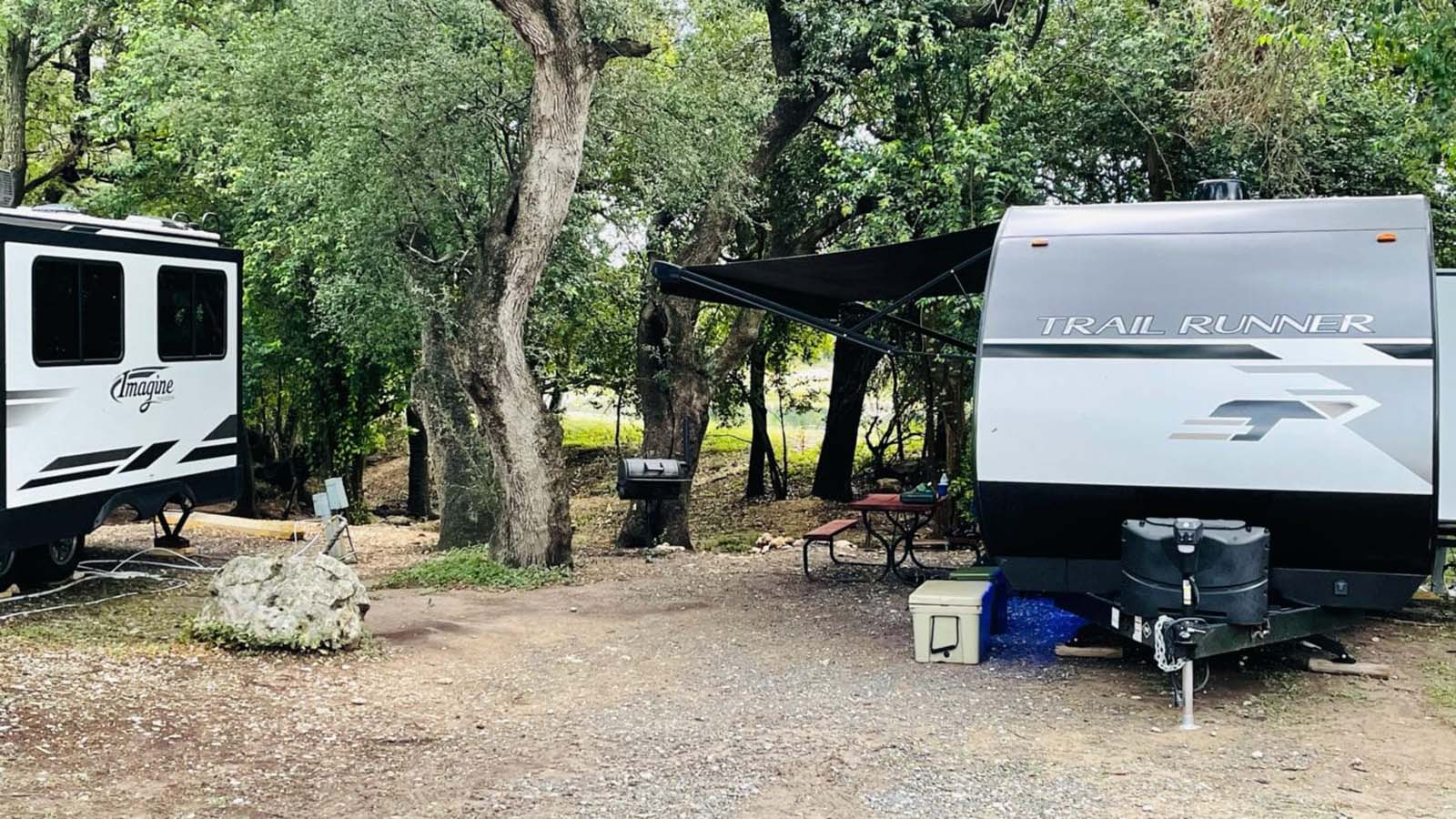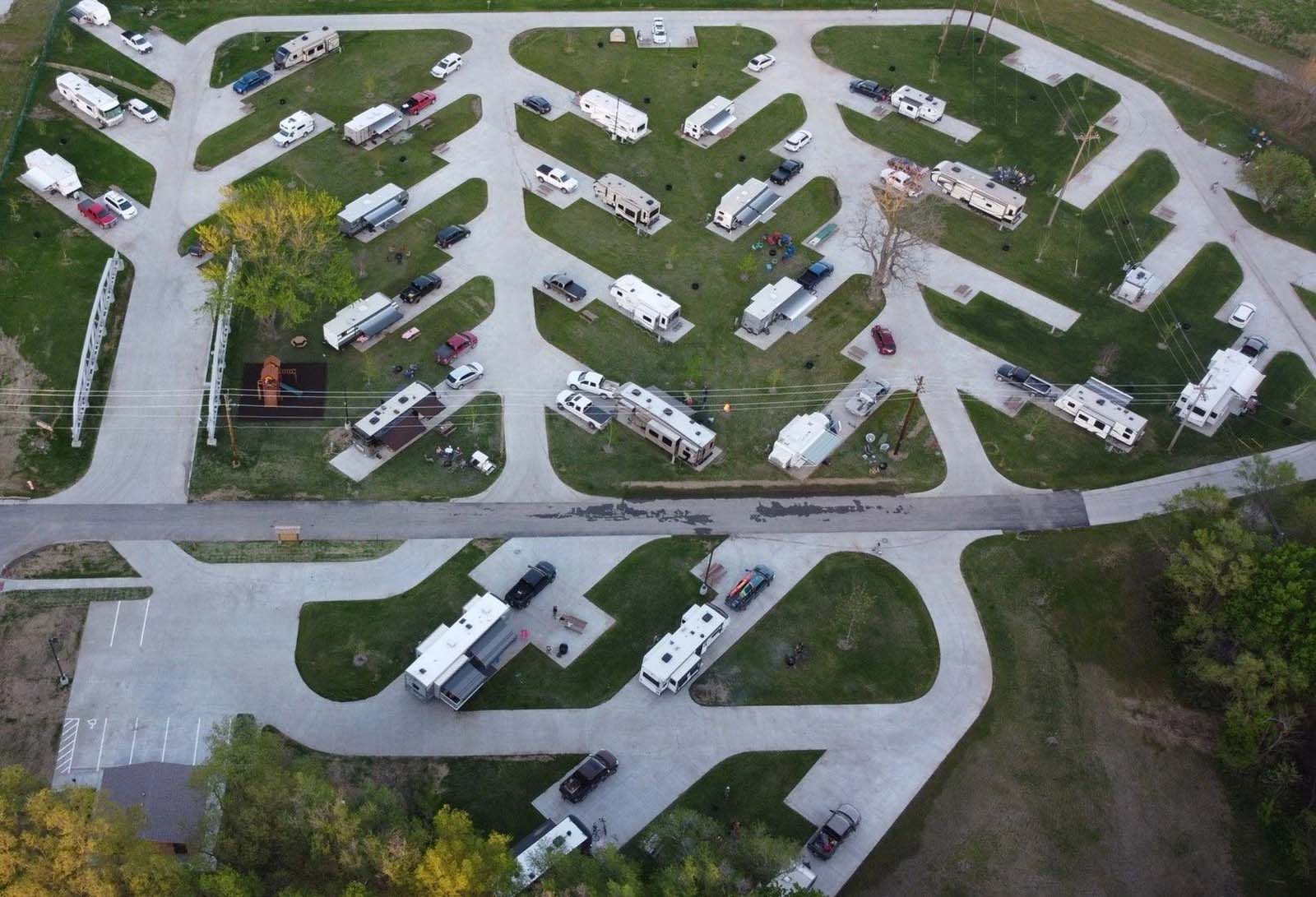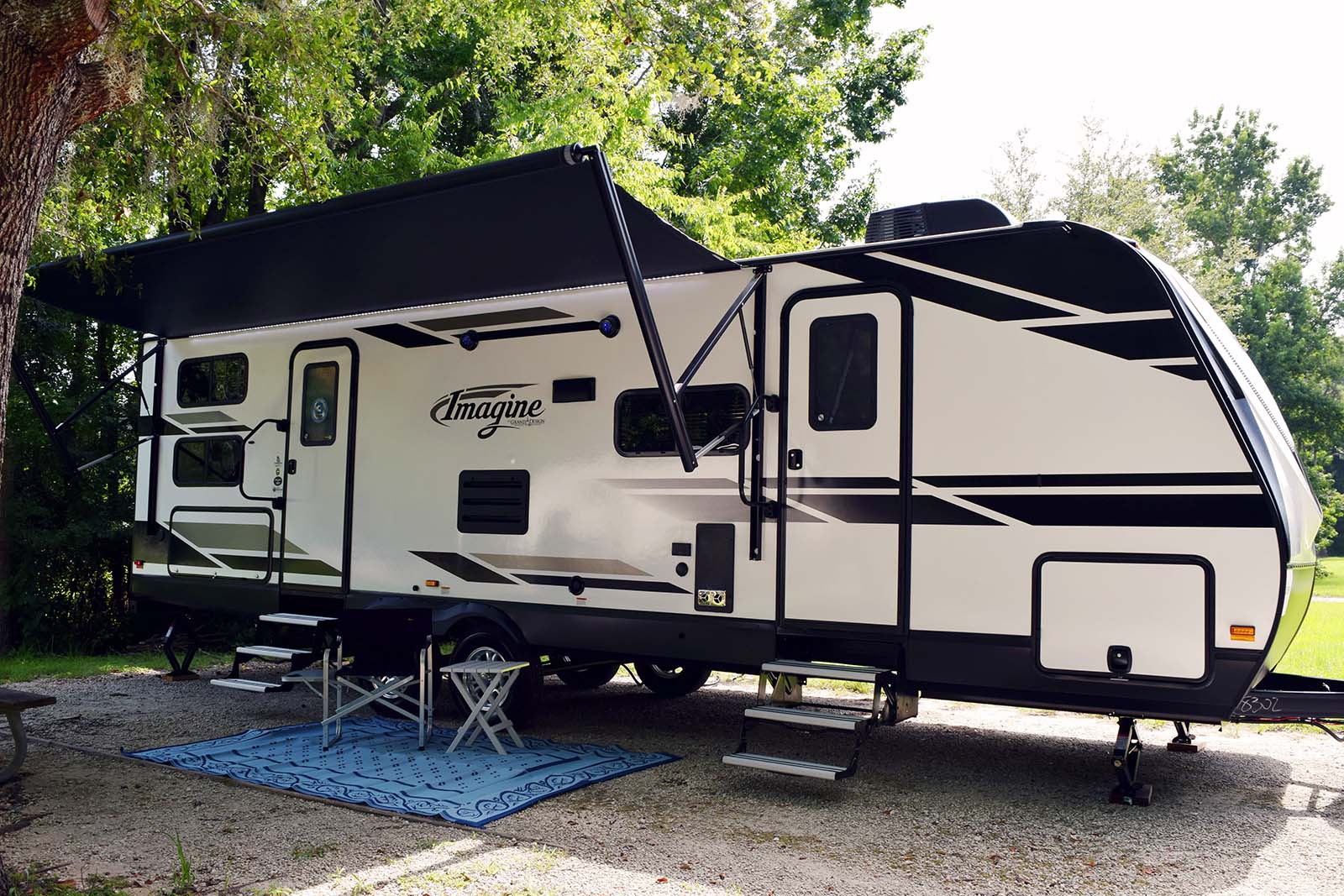Title: The Importance of Disconnecting Your RV Battery When Not in Use

Introduction: When it comes to owning a recreational vehicle (RV), taking proper care of its various components is crucial for extended longevity and performance. One aspect often overlooked by owners is the need to disconnect the RV battery when it is not in use. In this article, we will explore the reasons behind disconnecting the RV battery and discuss the benefits it brings.
H2: Why Should You Disconnect Your RV Battery When Not in Use?
H3: 1. Preventing Battery Drainage Leaving your RV battery connected when not in use can potentially lead to battery drainage over time. Various components within your RV, such as the carbon monoxide detector or built-in electronics, continue to draw a small amount of power even when the RV is not in use. By disconnecting the battery, you eliminate this constant drain and preserve the battery’s charge for when you next need it.

H3: 2. Extending Battery Lifespan Batteries naturally self-discharge over time, but disconnecting your RV battery when not in use helps slow down this process. Regularly charging a partially or fully drained battery can cause damage and significantly reduce its lifespan. By disconnecting, you prevent unnecessary discharge and subsequent charging cycles, which ultimately extends the battery’s overall durability.
H2: How to Disconnect Your RV Battery Properly?
H3: 1. Locate and Turn Off All Power Sources Before disconnecting your RV battery, make sure to turn off all power sources running in your RV. This includes unplugging shore power, switching off the main breaker, and power-consuming devices such as refrigerators or air conditioners. Ensuring a complete power shutdown will help you avoid any electrical hazards during the disconnection process.

H3: 2. Disconnecting the Battery Cables To disconnect the RV battery, start by removing the negative cable first, followed by the positive cable. Use a wrench or socket to loosen and disconnect the cables. After removing the cables, cover the exposed ends with insulated tape to prevent any accidental contact that could generate sparks.
H2: When Should You Reconnect the RV Battery?
H3: 1. Before Any Planned Usage Reconnecting your RV battery should be done before any anticipated usage. Make sure the battery terminal ends are clean and free of any corrosion or debris. Connect the positive cable first, followed by the negative cable, and ensure they are securely tightened. A snug connection will avoid any voltage drops or irregular power supply to your RV system.
H3: 2. Periodic Charging During Storage During long periods of RV inactivity, it is essential to periodically reconnect the battery and provide it with a proper charge. This will help maintain its state of charge and prevent complete discharge that could lead to irreversible damage. A dedicated battery maintainer or charger can assist in automatically maintaining the battery’s optimum charge level.
Conclusion: Disconnecting your RV battery when not in use is a simple yet effective way to preserve its lifespan and avoid unnecessary discharging issues. By following the proper disconnection and reconnection practices, you can ensure that your RV battery remains in optimal condition for your next adventure. So, whenever you’re not utilizing your RV, remember to disconnect the battery and store it safely until it’s time to hit the road again.

